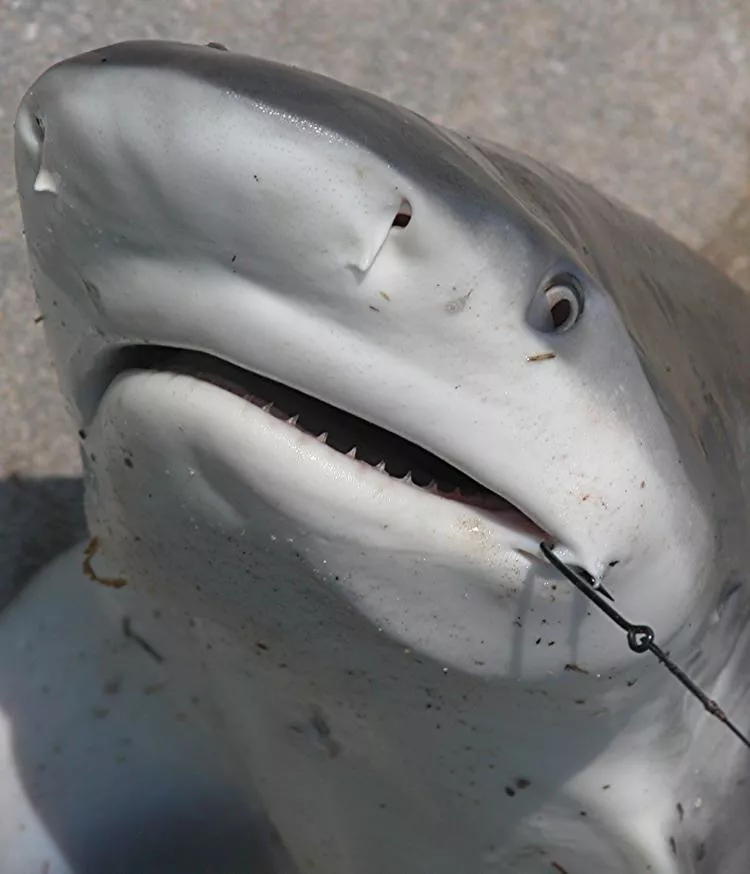Small device can reduce shark bycatch by 90%
A small device has been used to significantly reduce shark and stingray bycatch in a tuna fishery, according to a study.
Marine scientists have invented a small device that can reduce shark bycatch numbers by emitting short electrical pulses as a deterrent.
When clipped on the fishing line next to a baited hook, the battery-operated SharkGuard works by emitting a short localised pulse every two seconds. This causes the shark’s ampullae of Lorenzini (electrical sensors around its nose and mouth) to be overstimulated, thus prompting it to swim away.
According to a study published in the Current Biology, it was designed by marine engineering company FishTek and has been used in a French longline tuna fishery in the Mediterranean. There, it reduced the number of blue sharks and stingrays accidentally caught by 91 and 71 percent respectively.
Although these are impressive numbers, further trials are needed to assess the device’s effectiveness in other fisheries.
Depth or pulse
Pete Kibel, co-founder and director of FishTek said the latest trial showed a nominal reduction in tuna catch, the target species. “We believe this is likely due to the weight of the SharkGuard units altering the fishing depth of the baited hooks, rather than the electrical pulse emitted,” he said, adding that his company was designing a lighter, induction-charged version that did not require batteries.
Lead author Phil Doherty, lecturer in marine conservation science at the University of Exeter, said, “it’s reducing blue shark and pelagic [oceanic, not bottom dwelling] stingray catch on these hooks, so we can be quite confident for these species in this fishery, […] but [SharkGuard] needs to be designed on a case-by-case basis to ensure it’s fit for purpose.”
Kibel hoped the device would be commercially available by 2024. “The clever bit is miniaturising the whole thing to create something that is operationally viable for fishermen,” he said.




























